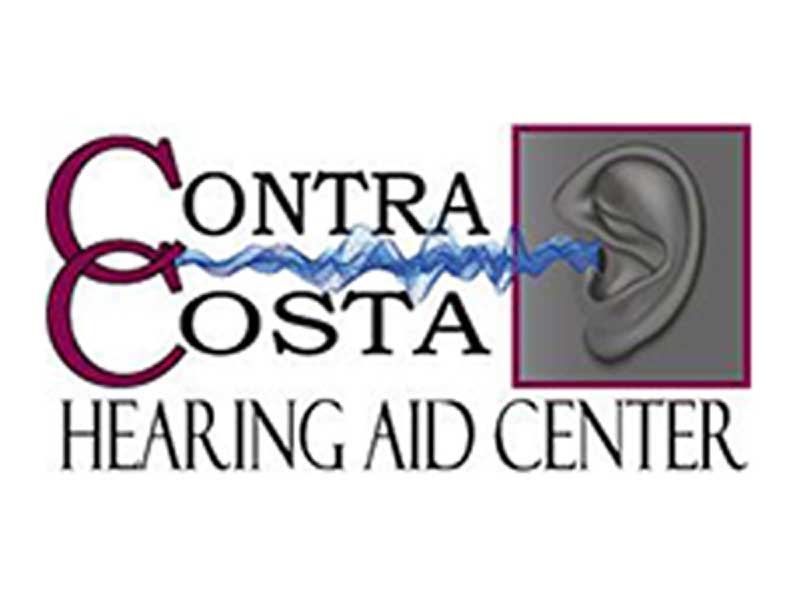Conductive hearing loss clients have difficulty hearing as a result of problem with their ear’s capacity to conduct sound waves. A congenital absence or malformation can cause this type of hearing loss or it may be a result of an obstruction in the ear canal. In many cases conductive hearing loss is treatable, fully restoring normal hearing ability.
Hereditary issues may be a cause of conductive hearing loss. A person may have been born without an ear canal or the ear canal might not have opened properly when they were born. Deformation of inner ear structures can prevent proper hearing. In some situations these issues can be treated via surgery. Hearing aids can treat others. Conductive hearing loss isn’t commonly caused by congenital issues; other causes are more likely.
Among the more typical causes of conductive hearing loss is fluid or wax buildup in the outer ear. Ear wax buildup and ear infections can lower a person’s hearing ability. Prescribed antibiotics resolve ear infections, while a simple cleaning may be adequate to address a buildup of ear wax.
Conductive hearing loss may also be caused by buildup in the middle ear. Fluid accumulation is the most frequent genesis of this issue. Kids are particularly vulnerable to ear infections, which are a frequent reason for this problem. Hearing can be affected by pressure on the inner ear caused by allergies or the common cold. Rarely conductive hearing loss can be the result of tumors in the middle ear.
Other issues may cause conductive hearing loss, including problems like perforated eardrums and foreign bodies in the ear canal. Conductive hearing loss mostly occurs on its own, however it can arise in conjunction with other forms of hearing loss. If you or your child are experiencing unexplained hearing loss, talk to a hearing care specialist. Ability to hear can often be fully restored with the appropriate treatment.
